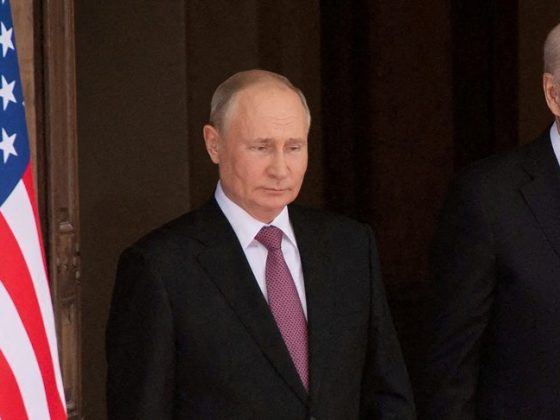The time we spend with ourselves is usually the occasion for deep introspection.
What we think about when we are alone was the question a new study sought to explore. A recent comprehensive study on this topic found that when a person is alone, he or she thinks about the past or the future, while with a friend or even a group of people, he or she is focused on the present.
A new research conducted by the Department of Psychology at Bar-Ilan University in Israel found that we tend to escape into the past or fantasize about the future when we are alone. The reason is simple: we have no control over our environment. Therefore, we can travel at any time and jump back and forth between thoughts about the past and fantasies about the future.
“As soon as people surround us, even if we only feel their influence on us, we are immediately connected to the present, to the here and now. Even without saying a word, the people around us raise fundamental questions within us.”
As soon as people surround us, even if we only feel their influence on us, we are immediately connected to the present, to the here and now. Even without saying a word, the people around us raise fundamental questions within us.
The present moment brings with it a deep questioning about the flavor of life. You must confront on the spot what you need to do to change your life. It is our time of free choice. That is why the present is the most difficult time, and we prefer to wander into the past or into the future.
It is a complex problem to persevere and endure the present split second. We can succeed if we keep in mind the purpose of creation, which is to discover and hold on to the giver of life. Discover the Creator, the supreme power of nature, and absorb His good and beneficent qualities.
“The present is renewed every moment. Therefore, we need an environment that guides us properly, that helps us sharpen the essential questions of life, and not waste a moment in digressing into the realms of the past or the temptations of the future.”
If we choose a good environment that is aware of the purpose of creation, we have the opportunity to deal with questions like these every moment: What are we living for? Where do we want to go? And how can we use the present moment properly?
If we give up on mastering the present moment, we will continue to be immersed in what was or will be. But if we pursue the search for the true meaning of life with all our might and use the freedom to cling to the Upper Force, we will use both the past and the future wisely to justify the actions of the Force of Nature over everything we have gone through so far and to gain confidence and trust in the future. So why should we worry about tomorrow if we rely on the Upper Force in the present moment?
“When we develop a spiritual view of reality, we no longer perceive our life as a temporary human phenomenon on earth, but rise above the gurgle of time; it is discovered that time exists only for us to set our perceptual knobs correctly.”
When we develop a spiritual view of reality, we no longer perceive our life as a temporary human phenomenon on earth, but rise above the gurgle of time; it is discovered that time exists only for us to set our perceptual knobs correctly.











